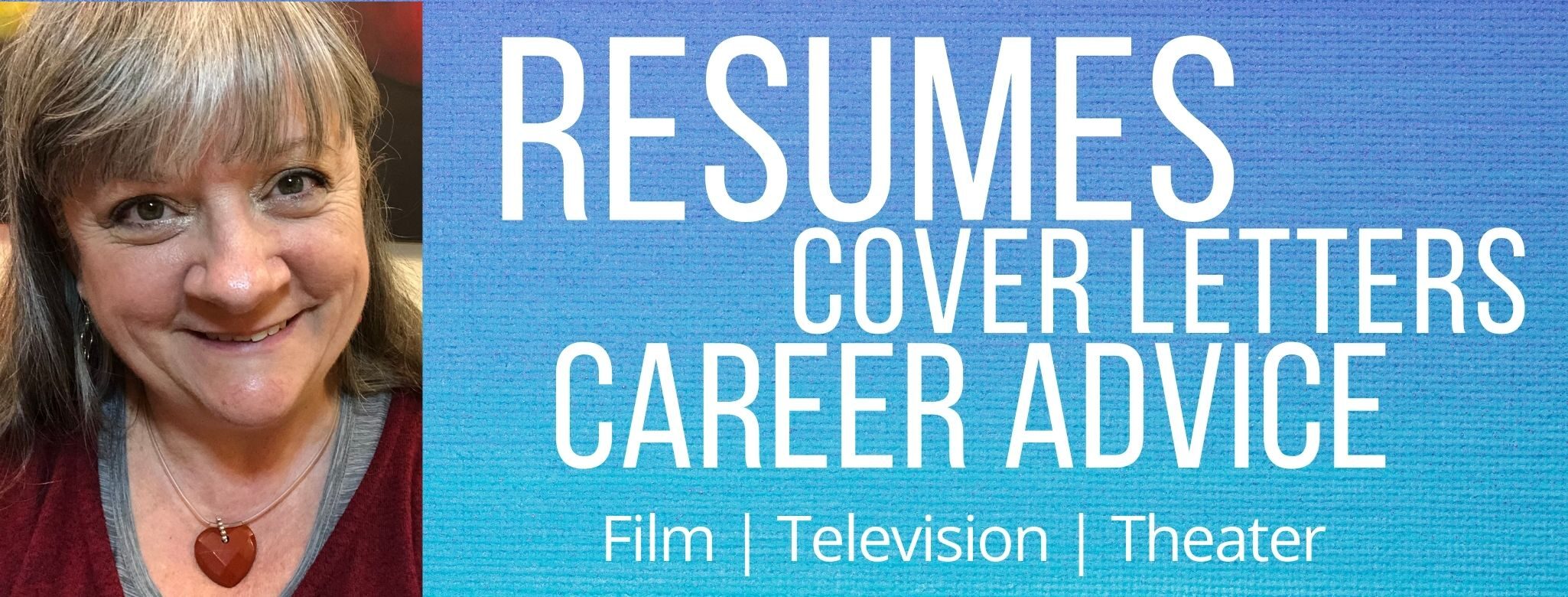
Photo by Andrew Neel on Unsplash
If you intend to apply to college, especially MFA or other graduate programs, there are some common aspects to job hunting. Grad schools can be just as competitive as any job, with some admitting only three or four individuals to each program.
- Research your colleges.
This can’t be overstated. You should read thoroughly at the admissions pages, the pages for the Faculty and Department, and the bios of your professors. Especially for grad students, read at the alumni organization pages. Get a feel for what the school considers important. What do they want from their graduated students? Do they focus on community activities, awards, ongoing research in different environments, civic engagement, or giving back to the school? Do they highlight individuals who are public figures, private industry executives, or community organizers? Do they focus on service or achievements?
As well as getting an idea of the College’s priorities, you will also get a feeling for the language style. Is it very formal, or conversational? Is the culture youthful and hip or traditional? What about the level of diversity? Progressive or Conservative? All these factors go into making your choice of college somewhere you want to be. They also affect your SOP, just like customizing a cover letter.
There are also some online college rating sites, that I encourage you to visit. My favorite is this one.
Also use this time to research the financial aspects of studying here. Many grad schools offer scholarships, even living stipends, for qualifying students in exchange for tutoring undergrads. Most colleges have some kind of internal student employment department and offer both internships and paid part-time jobs in administrative functions.
2. Allow plenty of time for your Statement of Purpose (SOP) – it IS a writing sample, equally as important as any other sample you may be required to submit.
Don’t neglect this – even if you have a solid portfolio or other writing samples.
Schools offer a range of guidance about this item. Absolutely stick to the word or page count! Don’t go over – it IS a test of your writing abilities. Only be a little bit under. If they want three pages, handing in one might give the impression that you are not serious about your goals or this school. If they specify a range, get close to the top end but not over the max. If you are having trouble reaching the minimum, you may not be asking yourself the right questions.
Sometimes you are given several clear questions, while other times it will be a vague statement. In this latter case, there are some questions that are implicit, that you should address not only for your SOP, but for your own clarity.
- What led you here? (Your background – but keep this short. I have read a lot of SOP’s that are “top heavy” in that they use up too much of their precious word count on this one consideration.)
- Why do you want to study further, rather than seek or continue with professional work? What will being in college give you?
- Why this particular college, rather than some other one? (Show that you have done your research.)
- What kind of research or practicum projects do you plan to undertake, and how will this college program help with that? (It might be that the research interests of some individual teacher are aligned with your interests. You may have only broad answers to this, or you might have a very clear plan.)
- What are your long-term career goals after college? (Remember what you learned about the College Alumni when considering how you express these ideas. What is the benefit to the college of having you?)
Write, then edit.
3. Read ALL the requirements very carefully – with a pencil
Aside from your SOP questions, make sure that you take note of how many Letters of Recommendation are required, and how they should be submitted. There are online services that collect submissions for some colleges, while other schools want items mailed directly with their own proprietary forms.
Should you have your portfolio as one link or several, or send images directly? How much of each type of item do they want? If they want to see your three best, don’t try to cheat and send a collage image of more. Every requirement is a test to see if you can follow instructions and if you have the maturity as a creator to make incisive judgments about your own work. Alternatively, if they want five pieces, don’t send fewer. This is a wonderful opportunity to show a body of work.
If they want documents sent in a certain order, or all at once, follow those instructions. If anything feels unclear or ambiguous, do call the Admissions Office and query them.
4. Schedule and Calendar your deadlines and work backwards – it’s OK to be early.
Make sure you correctly note all the relevant dates for the upcoming year. If there are choices for dates of Campus Tours or Open Days, try to attend the soonest one. This may give you an opportunity to attend another later.
Resume vs CV
For this purpose, you will want a correctly formatted CV rather than a production style resume. CV’s are used for some professions, like Doctors, and most especially in educational applications.
There are many similarities to a regular office/business style resume: include a Summary, list employment in reverse chronology, and include an Education heading.
However, there are also some key differences.
- English expression – while a CV still uses bullets, it will tend to be written in more prose form rather than point form, that is with complete sentences. The Summary will be more a narrative than a list of bullets, and especially should focus on achievements rather than skills. The CV Summary might feel more like a Bio than one on a resume.
- Your Education comes immediately after your Summary and should be much more detailed than a regular employment resume. You should include your GPA, any awards like Dean’s List, and might want to include your subjects taken, and important extra-curricular activities. If you were involved with societies you should include that here. If you have written a thesis, the title should be included here. If you have been a tutor, or assisted in a Professor’s research, say that too.
- Your Work Experience comes next and should focus on achievements. Use bullets but make them comprehensive. You should also include credits as part of your employment if you have been with one production company for a while. Or make Credits a separate heading after your Work Experience – which I recommend especially if you are applying to film school. Make sure you include any jobs that had a teaching or training component, especially if you are seeking a scholarship.
-
Include a Publications heading, if you have written books, magazine or journal articles, or contributed to blogs. I encourage undergraduates to write and submit to their school newspapers or journals, especially if you have your eye on further studies. Here’s a useful article about this. Examine how publications are noted in other people’s CV’s. Usually you will write out your paper titles like this:
Last Name, First Name [then any other co-authors First Name Last Name], “The Article/Poem Title”, The Publication [or Blog title], Magazine Issue number if available, Publisher, City, ST, Date
If it is an anthology you would put: Edited by First Name Last Name after the Article Title
If it is a book, then you don’t need the Article Title, just the Book Title and the date is the year of publication
- Community Service – if you have volunteered you should include this information in your CV
- The University of Chicago recommends including your References on your CV.
For all these reasons, you will see that the CV itself will likely be longer than a normal resume. That is OK! People with long careers and many publications can have very lengthy CVs.
Good luck with your applications!

